Continuing in the late 1950s along the line of the FDL hypersonic aircraft, the FDL-7 is final configuration of the program. This vehicle would be developed in conjunction with McDonnell Douglas and the USAF. The configuration optimized for hypersonic gliding would be a lifting body with deployable wings for subsonic performance. From configuration 5 to 7, the crewed vehicle would elimate windows, as for an automated vehicle, they would not be needed.
This recreation is an SSTO spaceplane for use in 1:5 scale solar systems. Its powerplant is 2 kerolox rocket engines and is capable of 400 tons to low orbit depending on launch profile.
Slider 1 operates the wings and AGs are labeled
Credit to Gozinya for the US flag MFD:
https://www.simplerockets.com/c/jARXy6/Logo-USA-Flag-1-Par
Credit to Slie for the NASA meatball:
https://www.simplerockets.com/c/3wZ0Sv/LOGO-NASA
GENERAL INFO
- Created On: Windows
- Game Version: 0.9.918.1
- Price: $91,025k
- Number of Parts: 329
- Dimensions: 18 m x 33 m x 84 m
PERFORMANCE
- Total Delta V: 7.1km/s
- Total Thrust: 20.5MN
- Engines: 2
- Wet Mass: 2.41E+6kg
- Dry Mass: 2.06E+5kg
STAGES
| Stage | Engines | Delta V | Thrust | Burn | Mass |
|---|---|---|---|---|---|
| 1 | 2 | 7.1km/s | 20.5MN | 5.2m | 2.41E+6kg |
12 Comments
- Log in to leave a comment
-
0 Samps0n2.0 years ago
Have you seen any old data with Macdonnell Douglas making plans to launch these birds vertically? I’d be surprised if anything much gets past you.
-
4,772 sacr3dbac0n02.0 years ago
@Samps0n Given modern-day propulsion, SSTO spaceplanes generally have to be pretty large and heavy, even for a 1:5 scale solar system like in this game. It more comes down to the propellant you use and if you are running an airbreathing system in addition. Asssuming a 300 sec propulsion system, the most compact orbital spaceplanes will always be fueled by kerolox, followed by metholox and then hydrolox. There is just a certain point where the mass ratio of the vehicle is high enough to reach orbit. In J:NO this mass ratio is around 7- 9 for a rocket propelled vehicle. Increasing mass ratio is most easily increased in J:NO by increasing the size of your tanks. Vehicles with additional turbine engines will usually have worse mass ratios.
-
0 Samps0n2.0 years ago
What is the deal with 2.5 crafts? Including engines and the landing gear, heat shield
-
-
0 Samps0n2.0 years ago
I am building VLHD McDonnell Douglas that’s more or less based on this x plane rendition that you focused on . I was hoping to use your plane as the basis of the main craft including the reentry. I had started looking to see if it would be feasible considering what needs to change to mount the 4drop tanks and, well I’ll just say it. There’s closer to 3 fdl-7’s than one. You have one wheel short of two whole undercarriages, thought it my be intentional but who would put the decals on twice for a strength factor, tell me it I need it and what purpose and it you mind if I present a craft that you built the foundation of. I’d be happy to share with you, what I think, is a new tree of your favorite staple for these planes you love so. It’s definitely what the guys were dreaming that these would do. That and they have a whole direction to where they were envisioning ss spy planes, Mach 15+ . I found some blueprints and everything. I will share it all with ya, it’s on you that I know anything about this potion of aeroamerican history
-
-
5,227 NellEngineer2.6 years ago
This craft is very good! But I can't get into orbit because of the inlet exploding even though I put a heat shield
-
-
-
4,772 sacr3dbac0n0+1 2.6 years ago
@unimaginablekatana Oh boy, I should probably delete the description then. lol....In all seriousness though, I think you've been watching too much VAOS..
-
3,065 unimaginablekatana+1 2.6 years ago
Damn when I was reading the discription I felt like I was listening to VAOS (the ksp utuber)

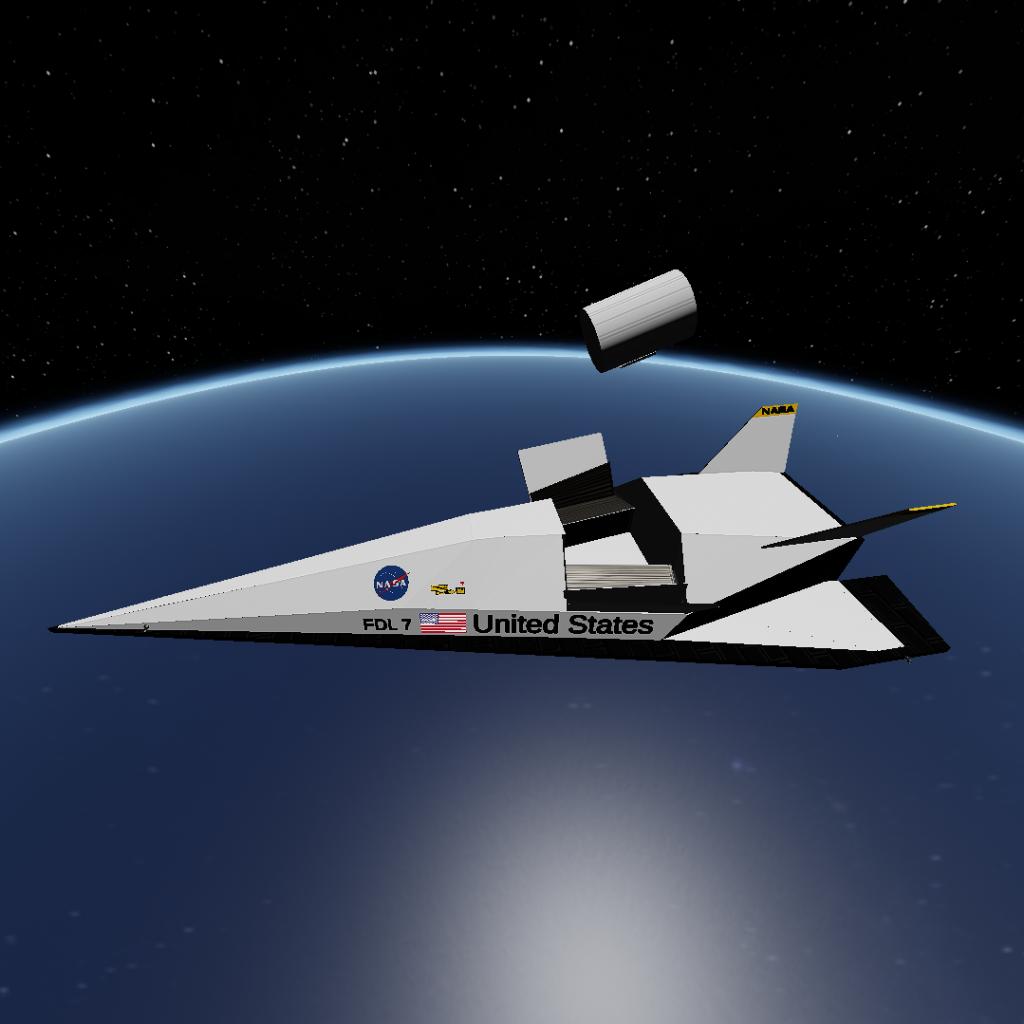
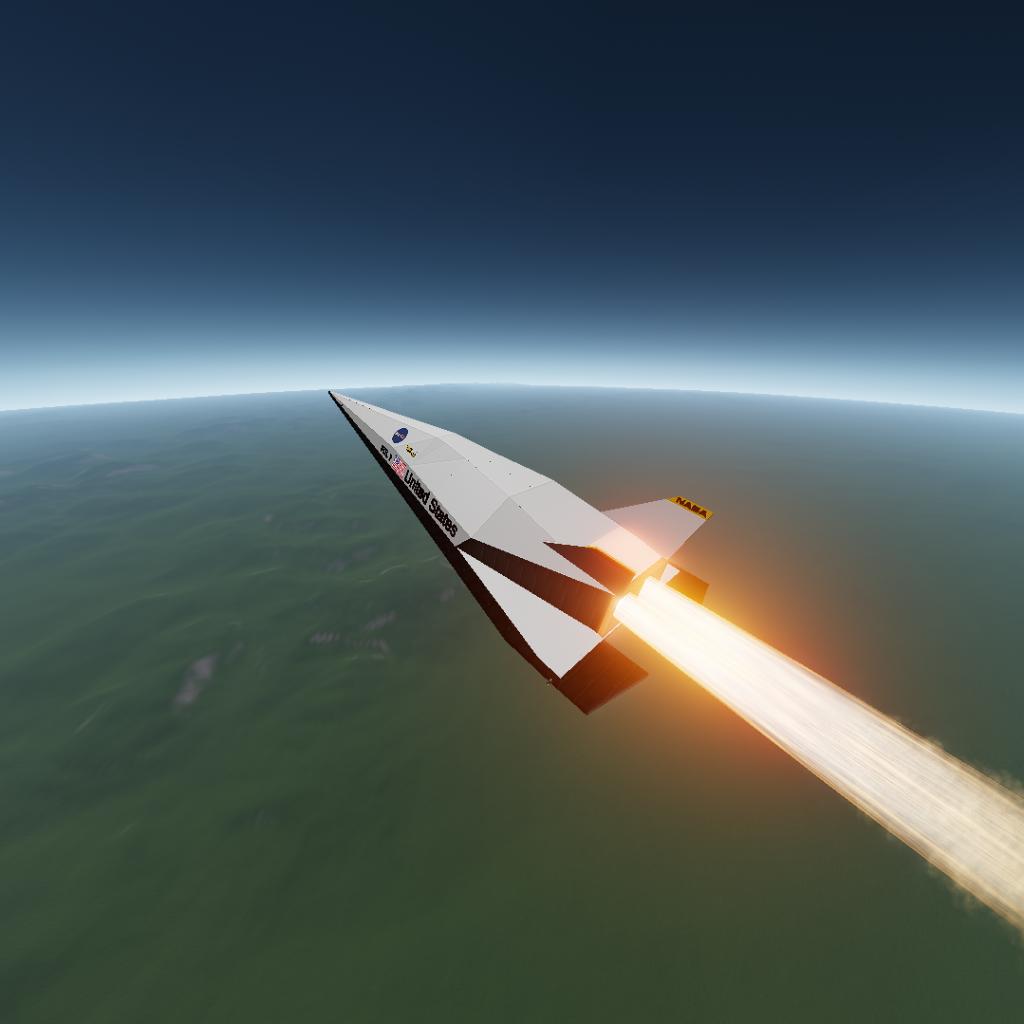
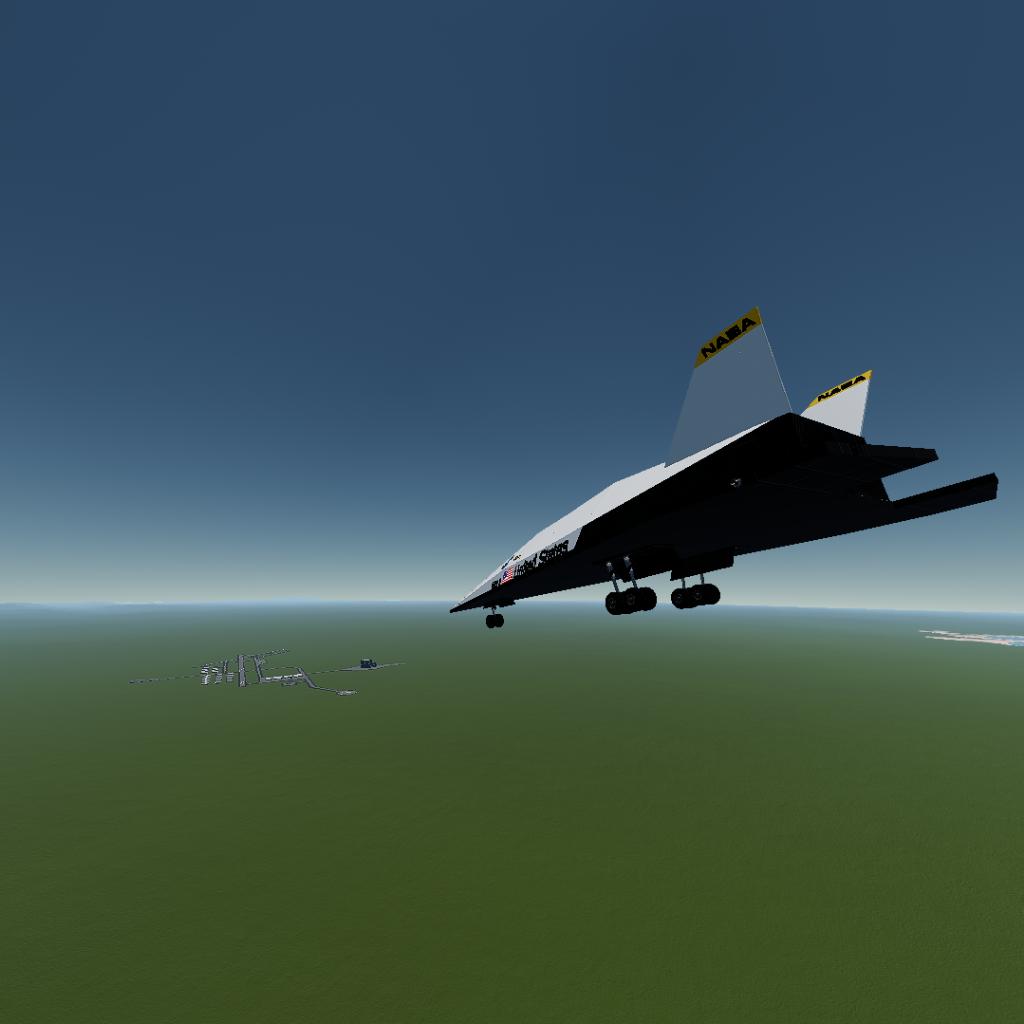

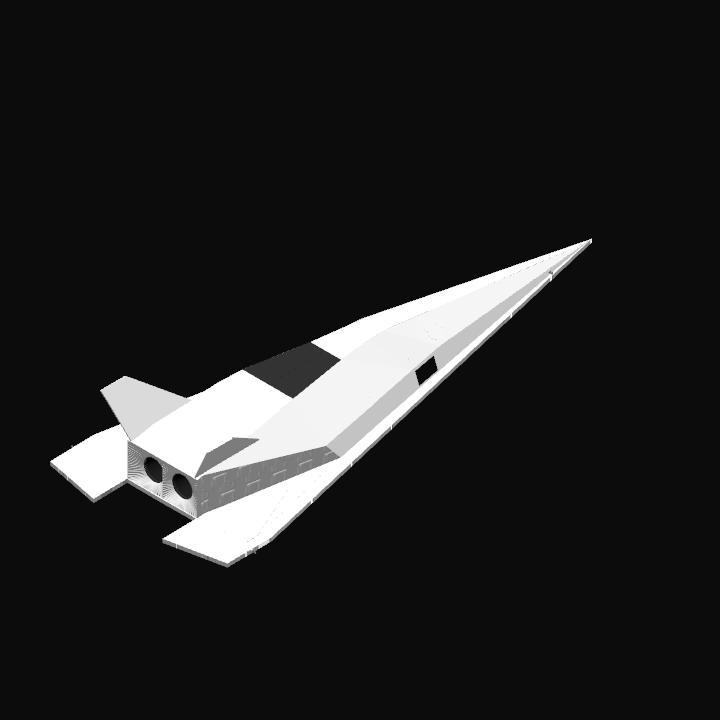

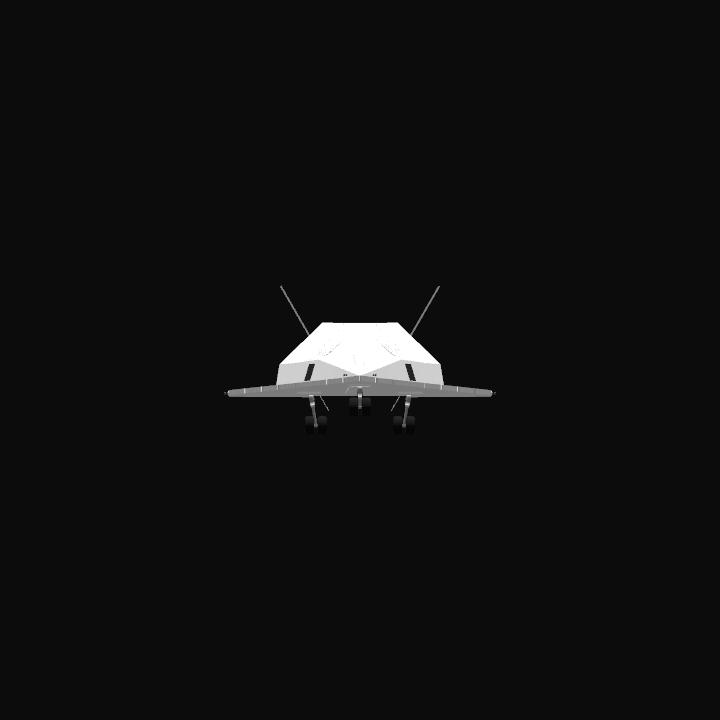
@Samps0n I haven't. Most FDL configurations were meant to be air-launched from a carrier jet on a booster rocket.